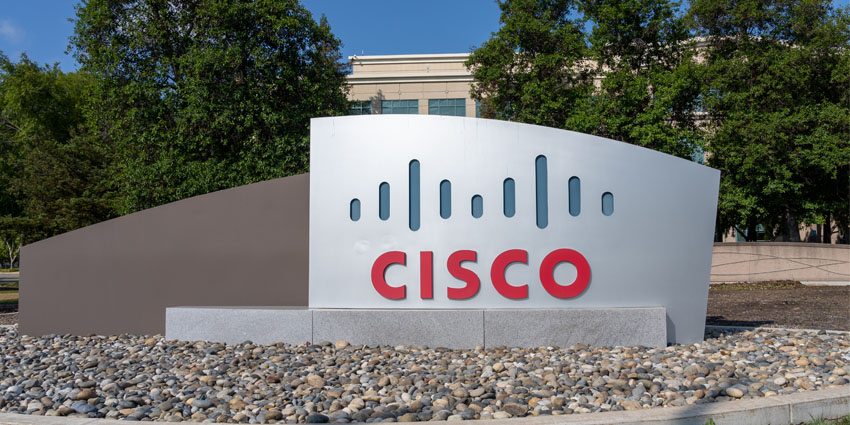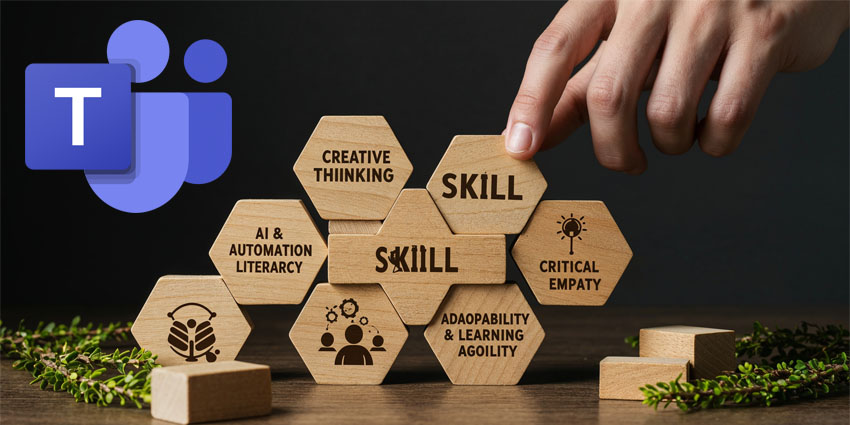Cisco’s AI Readiness Index has found that only 14 percent of global businesses are fully prepared to deploy and leverage AI.
Not only are most organisations struggling to keep up with the pace of AI innovations but there are also gaps across critical business areas that represent “serious risks”, according to Cisco.
The race to incorporate enterprise AI is on, with 61 percent of respondents believing they have a maximum of one year to implement an AI strategy before their organisations are severely negatively impacted.
Liz Centoni, Executive Vice President and General Manager, Applications and Chief Strategy Office at Cisco, shared her advice:
“The race to AI Readiness is on, with organisations under intense pressure to shift from strategic planning to execution mode in order to capitalise on the transformative potential that AI represents.
“To realise the benefit of AI-powered products and services, companies need solutions that secure and observe their AI models and toolchains to ensure performance, secure sensitive data and systems, and deliver trustworthy and responsible AI outcomes.”
AI Readiness Index Findings
The AI Readiness Index, which surveyed more than 800 global companies, was reportedly commissioned in response to the accelerating adoption of AI solutions driven by recent advancements in generative AI technology.
While the surge of AI adoption has led to new challenges, including issues surrounding data privacy and security, with 81 percent of respondents admitting to having siloed or fragmented data in their organisations.
Despite data being central to AI operations, it seems to be the weakest area of readiness for organisations, with the highest number of companies lagging behind (17 percent).
On the plus side, the index shows that companies are taking actions to prepare for the future of AI. Almost one-third of respondents had already built strategies, perhaps motivated by the fact that 97 percent saw the urgency of AI technology deployments increasing in the past six months.
It was also revealed that 95 percent of organisations already have a highly defined AI strategy in place or are in the process of doing so.
When it comes to infrastructure, it seems networks are not sufficiently equipped to meet AI workloads.
Although 95 percent of businesses understand that AI will add to infrastructure workloads, only 17 percent of organisations have networks capable of handling this complexity. Moreover, 23 percent of companies were found to have limited or no scalability to meet the challenges of AI within their existing IT infrastructure.
Expectations are misaligned throughout the company hierarchy when it comes to AI, the report finds. Although 82 percent of leadership teams were moderately or highly receptive to AI, 22 percent of middle management had limited or no receptivity to AI, and nearly one-third of employees were unenthusiastic at the prospect of adopting AI.
Policy adoption appears to be slow, with 76 percent of organisations failing to have a comprehensive AI policy in place, which could ultimately erode confidence and trust, particularly relating to privacy data and data sovereignty.
Finally, only 21 percent of organisations were found to have detailed change management plans in place for widespread AI adoption. Fortunately, however, the motivations to make these changes appear to be high, as nearly eight out of ten said their organisations were taking on AI technologies with a moderate to high level of urgency.
The Rise of AI in UC&C
Within the unified communications and collaboration industry, it is evident that most providers have already integrated AI into their product portfolios.
Since the launch of Open AI’s ChatGPT, which brought generative AI technology to the fore and has itself evolved to deliver no-code builders for enterprises, enterprise communication and collaboration vendors have been scrambling to meet the growing demand for AI solutions.
Google created Bard, Gemini, and generative AI writing features for Workspace. Microsoft launched Copilot, Salesforce released Einstein and Einstein Copilot, and Zoom introduced a generative AI-powered assistant. Former OpenAI creators set up Anthropic, which is now partnered with Amazon and has received large investments from Google and Zoom.
Those are only a handful of the highlights from the past year, and the tech isn’t just being replicated from vendor to vendor. There are lots of innovative new solutions coming to market as companies find ways to apply AI to their niche.
Recently, for example, Humane debuted a lightweight wearable AI assistant, allowing users to access a conversational AI system in their daily tasks.







